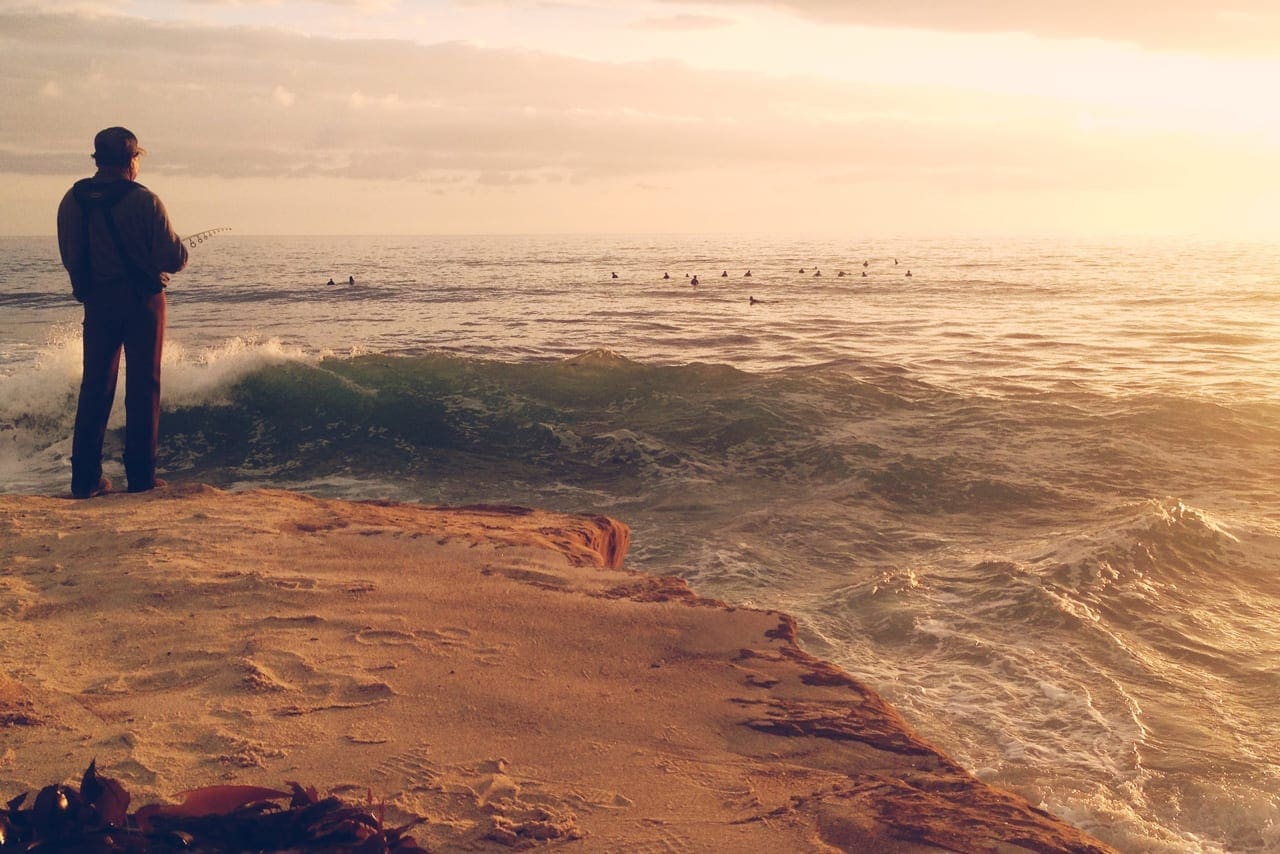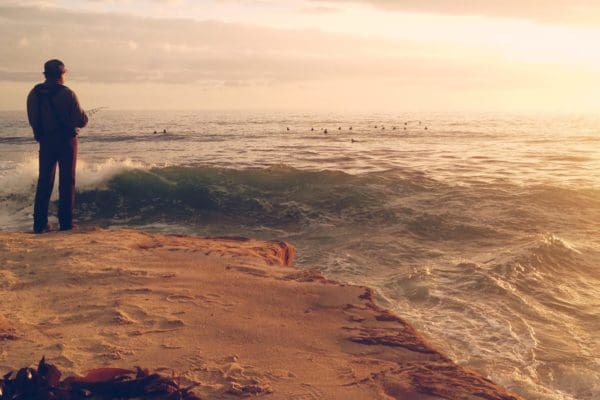
What is self acceptance? How does one accept oneself? I think it starts with knowing who we are. One of the biggest lessons I have learned is that good and evil is in each and everyone of us. We are capable of both very good and bad things. It’s total self-denial to say, “I don’t lust. I don’t feel those things.” But to say, “I have no conscience; I have no sense of good,” is also bullshit. One might deny them, but they are all there. Make no mistake, we posses all those things.

In my younger years, my view of the world was quite naïve. There’s me who never really bullied anyone in school, and always kind of the quiet one among peers. I pretty much consider myself a good and just person. I mind my business. My idea of evil doing is not finishing my homework or not using soap when taking a bath. And then there are kids that are plain obnoxious, those who pick fights with people, and steal your sandwiches. Even though I was not exposed to the idea of utilitarianism, I followed the rules because it seems to be what made sense. I felt that if everybody just played fair, then it’s better for everyone. Good and evil was clear-cut. There are those who follow the rules, and there are ones who don’t follow the rules. It is under these conditions that I developed this sense of self-righteousness. I believed that I am a good person, and there’s people out there who just want to harm to others that are just bad.
But as I grew older, especially in recent years, I began to see my limitations. I probably would have discovered the joy of bullying other little kids if I was born a little bigger or stronger. I probably would have discovered the joy of hanging out with a popular crowd and dissing other kids if I was better looking or knew how to socialize better back in high school. I probably would have discovered the joy of spending tons of money and being a brat if my parents was rich. And the worst of all, not only did I discover the list of “probables”, I discover the list of “dids”. I realized that maybe I was capable of a lot of things that I thought I wasn’t capable of doing earlier. I find myself doing things out of pride, greed, envy, anger, lust, …etc. But instead of realizing my limitations, I come up with reasons to justify my wrong doing. When other people do things to wrong me, I give them no excuses. But when I do things to wrong others, I give myself plenty excuses.
With all the things I did wrong, it was inevitable that I start regretting the bad things I have done. Sometimes I wish that I can be wiped clean and start from scratch, but nobody can erase the paths that one traveled. There are times that I wish that I can say sorry to all those who I have hurt and wrong, and maybe they will all forgive me. That’s probably the best thing next to erasing the wrongs I have done. But forgiveness cannot always be granted for whatever reason. Just as I wished to be forgiven, is it not the same that when others hurt me, they want to be forgiven?
We can even take it one step further and realize that all that sense of self-righteousness we developed is non sense. There are no evil people out there to get us. There are only people out there like us, that sometimes give us a helping hand and sometimes hurt us when they fall for whatever reason. We are all the same, we confront the choices of good and bad every single day.
In the end, I realize that most of my regret stems from the fact that I cannot forgive myself. I confess, I don’t like it when I mess things up. Despite how many reasons I give to justify myself every single time I do wrong, my conscience does not let go easily. Now here is the key: if you tend to forgive yourself easily, then remember to forgive others the same way; if you tend to forgive others easily, then remember to forgive yourself the same way.
Treat everybody fairly, and that includes yourself. You are neither lesser or greater than the person next to you.

Be the first to comment